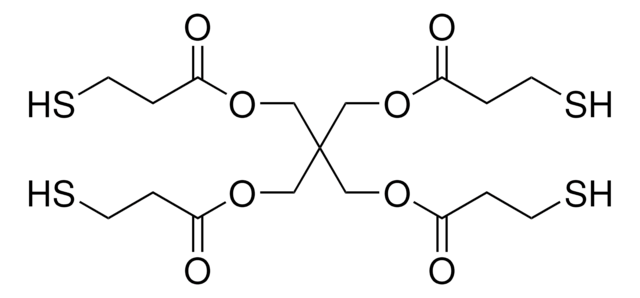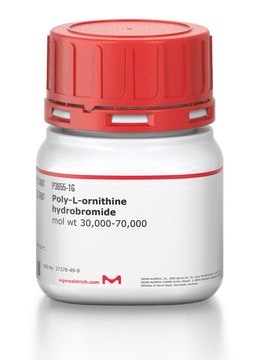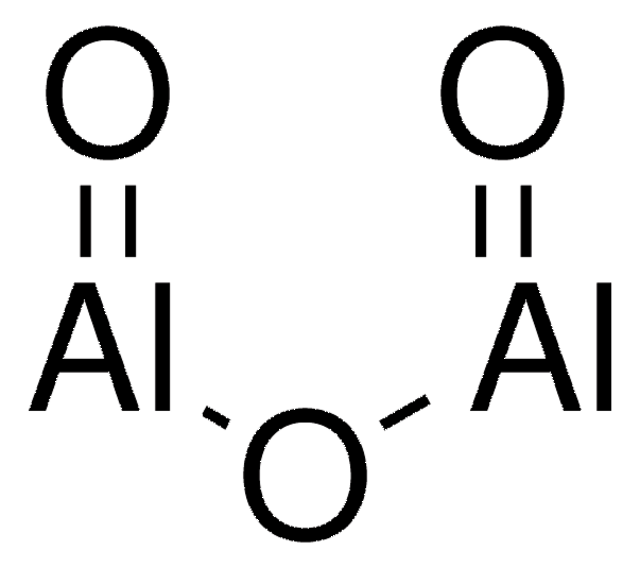192066
Poly(2-hydroxyethyl methacrylate)
average Mv 300,000, crystalline
Synonym(s):
Poly(2-HEMA), Poly-HEMA
About This Item
Recommended Products
form
crystalline
mol wt
average Mv 300,000
density
1.15 g/mL at 25 °C (lit.)
SMILES string
CC(=C)C(=O)OCCO
InChI
1S/C6H10O3/c1-5(2)6(8)9-4-3-7/h7H,1,3-4H2,2H3
InChI key
WOBHKFSMXKNTIM-UHFFFAOYSA-N
Looking for similar products? Visit Product Comparison Guide
Related Categories
General description
Application
Physical form
Storage Class Code
11 - Combustible Solids
WGK
WGK 3
Flash Point(F)
Not applicable
Flash Point(C)
Not applicable
Personal Protective Equipment
Choose from one of the most recent versions:
Already Own This Product?
Find documentation for the products that you have recently purchased in the Document Library.
Customers Also Viewed
Articles
Professor Shrike Zhang (Harvard Medical School, USA) discusses advances in 3D-bioprinted tissue models for in vitro drug testing, reviews bioink selections, and provides application examples of 3D bioprinting in tissue model biofabrication.
Professor Shrike Zhang (Harvard Medical School, USA) discusses advances in 3D-bioprinted tissue models for in vitro drug testing, reviews bioink selections, and provides application examples of 3D bioprinting in tissue model biofabrication.
Self-assembled monolayers (SAMs) have attracted enormous interest for a wide variety of applications in micro- and nano-technology. In this article, we compare the benefits of three different classes of SAM systems (alkylthiolates on gold.
Biomaterials science involves the design and fabrication of smart materials for studying, directing, or mimicking biology. For successful integration of biomaterials in biological research, a meaningful understanding of biological systems is required.
Our team of scientists has experience in all areas of research including Life Science, Material Science, Chemical Synthesis, Chromatography, Analytical and many others.
Contact Technical Service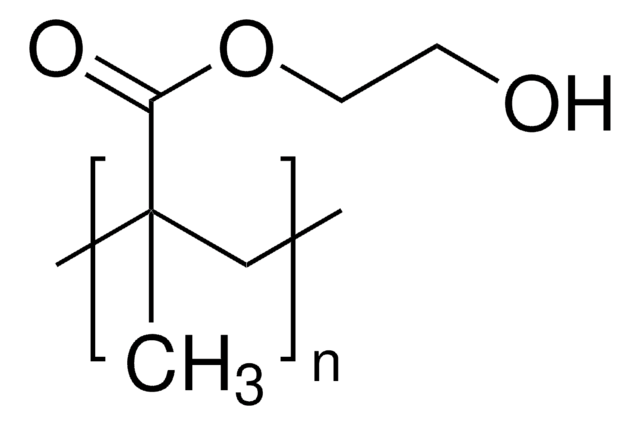
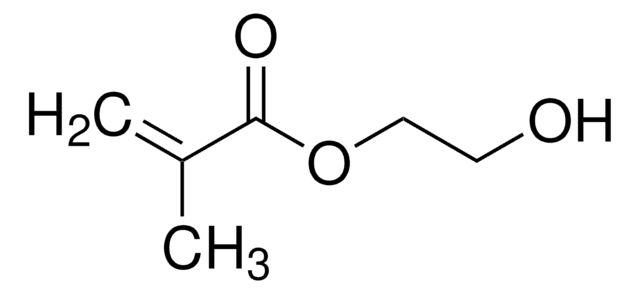

![3,9-Divinyl-2,4,8,10-tetraoxaspiro[5.5]undecane 98%](/deepweb/assets/sigmaaldrich/product/structures/148/073/c0250cb6-c023-4912-b065-172d7f8cedbe/640/c0250cb6-c023-4912-b065-172d7f8cedbe.png)


